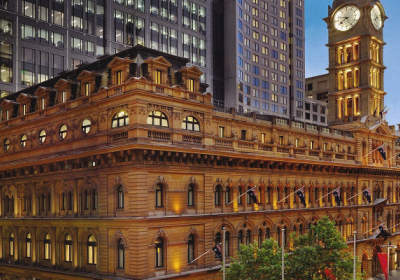"This is a fundamental precept of paramilitarism: clear the land to ensure smooth functioning for big business deals and, in this sense, this is no different to what has happened in the past few years in this country, which is the consolidation of what I would call a militarised neoliberal model, militarised in both a state and para-state sense."
An interview with Renan Vega Cantor, a professor at Colombia’s National Pedagogical University.











